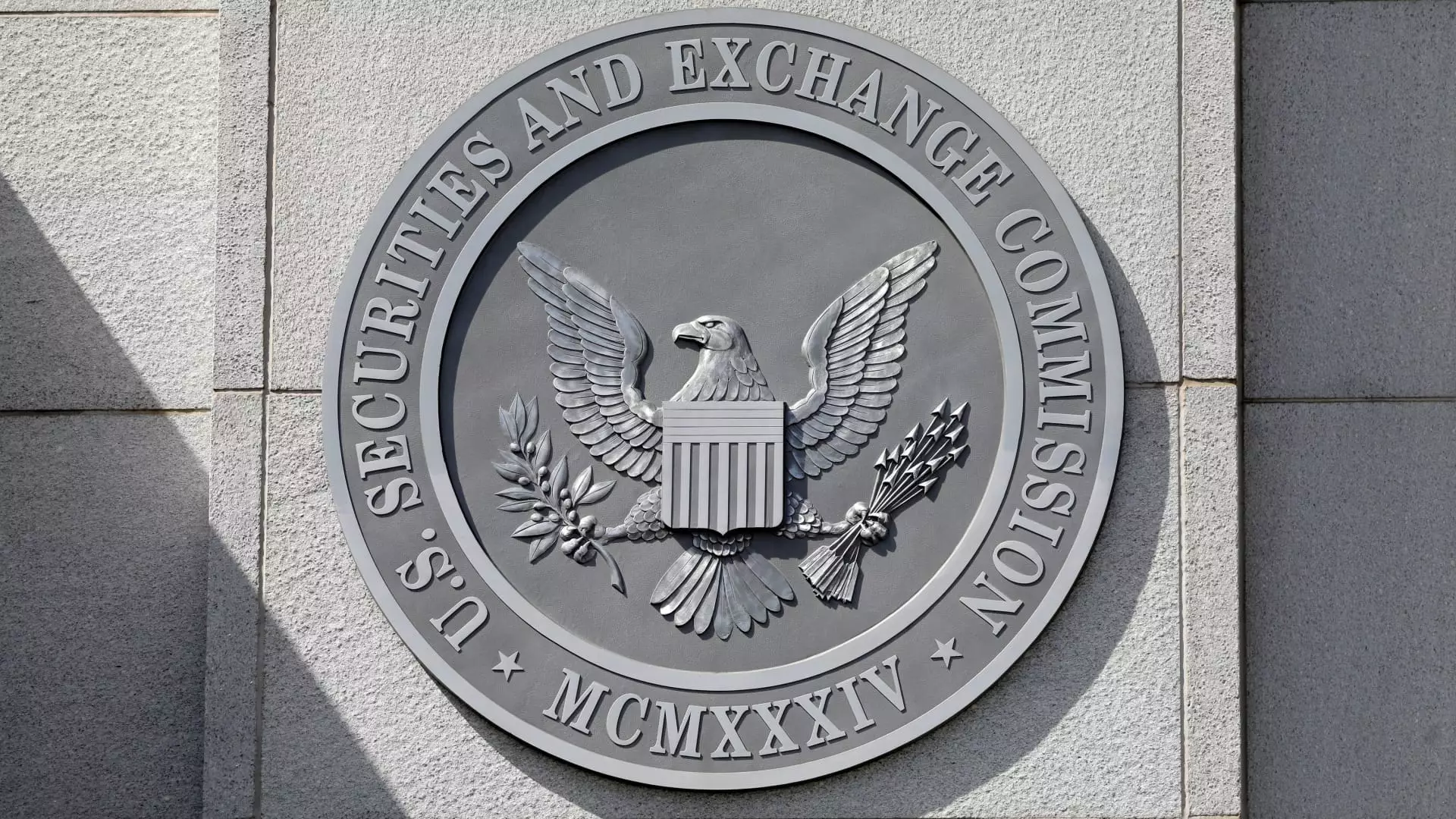The U.S. Securities Exchange Commission (SEC) stands as a crucial pillar in the governance of the country’s financial markets. Recently, it has undergone significant procedural changes that can dramatically affect the efficacy and pace of its investigations. According to sources familiar with SEC operations, attorneys within the agency are now required to obtain permission from politically appointed leaders before initiating formal probes. This development is noteworthy not only for its impact on the SEC’s function but also for what it suggests about the broader regulatory environment under current leadership.
The reported shift in authority represents a fundamental modification of how the SEC conducts its investigations. Traditionally, enforcement staff had delegated powers enabling them to initiate inquiries without requiring direct oversight from the Commissioners. This delegation was seen as a means to enhance operational efficiency, allowing experienced attorneys to respond promptly to potential issues without bureaucratic delays. However, with the new directive under the SEC’s current leadership, all formal orders of investigation must now receive a nod of approval from the Commission itself. This not only introduces an added layer of complexity but also risks prolonging investigations as enforcement staff sift through the additional hurdles.
Critics of this procedural adjustment argue that while it may offer increased oversight, thereby potentially protecting individuals from unwarranted repercussions during investigations, it could stifle the autonomy of the enforcement staff. As a result, the time-sensitive nature of financial misconduct investigations may be jeopardized, allowing more room for potential misconduct to go unchecked. Furthermore, the formal approval process could hinder the SEC’s ability to act quickly in a fast-paced financial market, which relies on timely intervention to maintain integrity and investor confidence.
The historical context of the SEC’s structure is vital for understanding the implications of these changes. The Commission is typically overseen by five commissioners, appointed by the sitting president, which allows for a balance of partisan representation. Currently, with a composition of two Republicans and one Democrat influenced by the Trump administration, the SEC appears poised to return to a more pro-business attitude that may result in less rigorous enforcement of regulations. This political lens is crucial, as it not only shapes the agency’s enforcement priorities but also reflects the broader stratagem of the administration in dealing with regulatory bodies.
As the agency’s leadership undergoes its own transitions—including the appointment of ostensibly friendlier figures to industry—one must consider how these changes signal a potential shift towards prioritizing market stability over regulatory scrutiny. The recent remarks from former SEC Co-Director of Enforcement Steven Peikin, who suggested a downsizing of formal investigative processes, further underline an industry-leaning approach that may favor flexibility for corporations against stringent oversight.
Despite the potential downsides of this new approach to initiating investigations, it is essential to recognize that this shift does not automatically correlate with a decrease in the number of investigations themselves. Enforcement staff retain the ability to conduct informal inquiries, suggesting that while the process may become more convoluted, the SEC’s fundamental commitment to financial oversight remains. How effectively the agency navigates these new rules, however, will likely shape its reputation and effectiveness in the coming years.
Moreover, the broader implications of political directives, as articulated by the President’s first-day executive order to cease the “weaponization” of federal agencies, haunt the discussions around this procedural shift. By promising a less combative regulatory environment, the possibility emerges that the SEC may prioritize industry interests over public protection, thereby affecting its long-term legitimacy and trust among investors and the public.
As the SEC adapts to these procedural changes, stakeholders and observers alike will need to keenly analyze how this impacts both the speed and rigor of enforcement activities. The balance between protecting individuals and ensuring robust regulatory oversight is delicate, and the Commission’s ability to maintain that balance will be critical in shaping the future landscape of U.S. financial markets. Ultimately, while new leadership may promise a more business-friendly environment, the long-term consequences of these shifts will require close monitoring to ensure they do not undermine the accountability that underlies the integrity of the markets.

